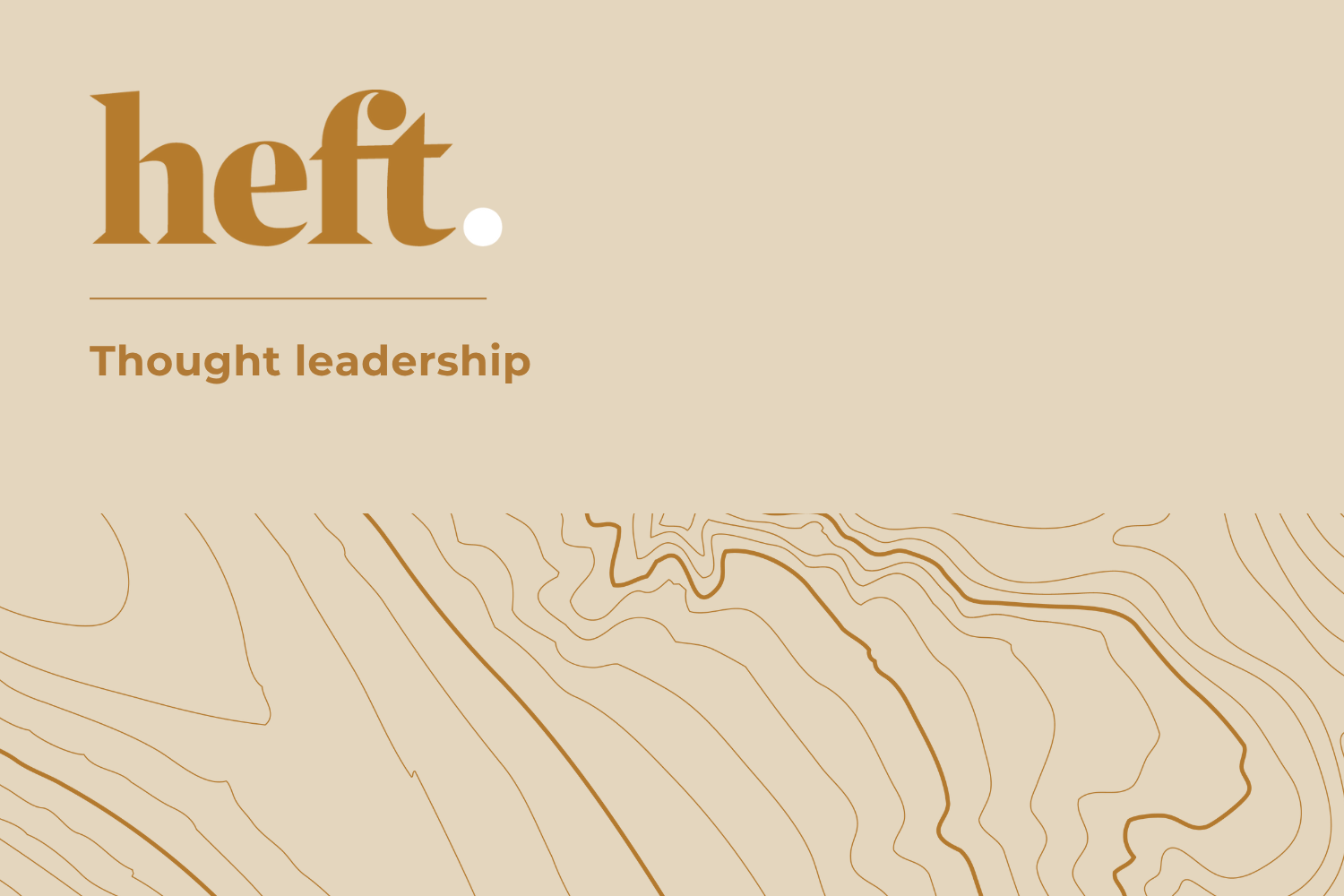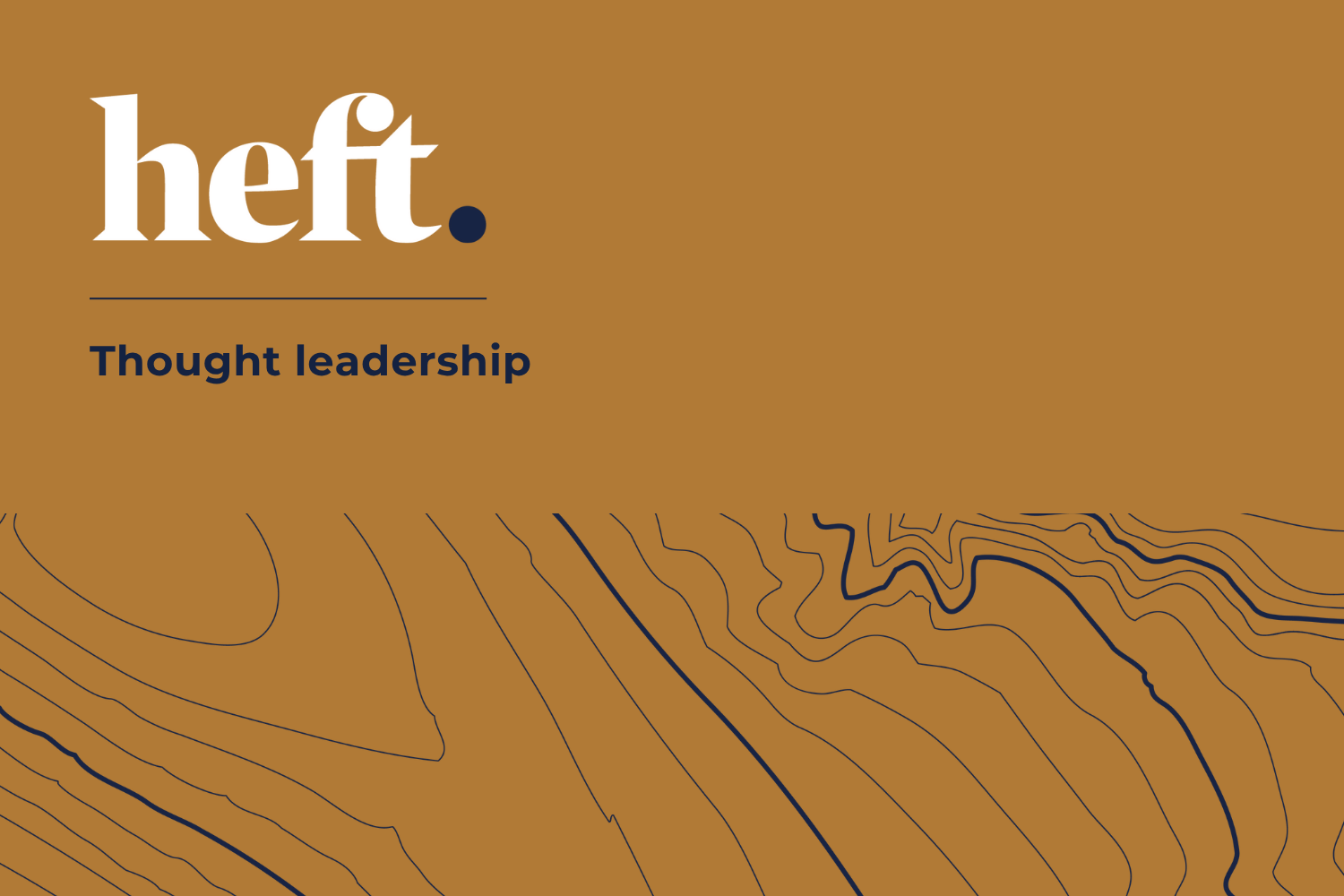Be Human: Why Strategic Communications Professionals Are More Valuable Than Ever
In a world of 70% distrust in leaders and rising grievances, engagement professionals must leverage storytelling, facilitation, and authentic connection. Victoria Crockford on navigating the 2026 polycrisis.
Global Literacy Part 3: Creating Local Strategies for Global Changes
In an era of fragmented media and eroding trust, organisations need navigational leadership, not rigid strategies. Discover why strategic communications capability is critical for managing risk and building resilience in volatile times.
Global Literacy Part 1: Why Strategic Communications is Critical in a Volatile World
Many organisations still treat communications as tactical message delivery when volatility demands strategic intelligence. In an election year, with contested policies and global volatility reshaping supply chains, communications must function as a risk management discipline—not a content production department. The question for leaders: Does your communications function reduce uncertainty or just produce outputs?
From Reports to Reality: Why Energy Infrastructure Needs Strategic Communications
The Boston Consulting Group released its latest report into the New Zealand energy market last week. Energy To Grow: Securing New Zealand’s Energy Future was commissioned by the big four “gentailers” and follows on from BCG’s 2022 “The Future Is Electric” report. What stood out to us was the emphasis placed on coordination and communication to ensure public awareness and visibility. Through this lens, strategic communications and engagement approaches become core to the economic and asset development strategies required to shepherd Aotearoa through the tradeoffs and transition.
Why Arts and Culture Are Essential Infrastructure for Social Cohesion in New Zealand
Arts and culture are not luxuries - they're critical social infrastructure. As misinformation erodes trust and polarisation deepens, New Zealand's creative sector offers proven pathways to wellbeing, inclusion, and community resilience. For communications professionals, understanding this connection is essential to building narratives that truly resonate.
Keep up to date







